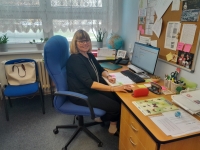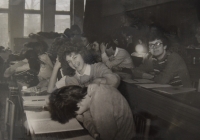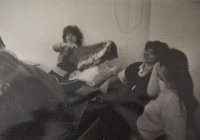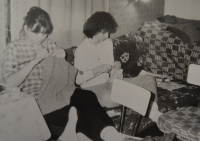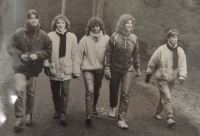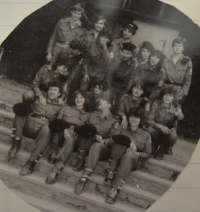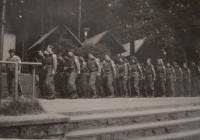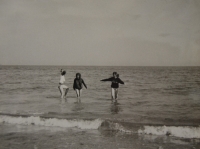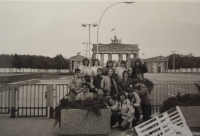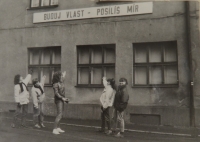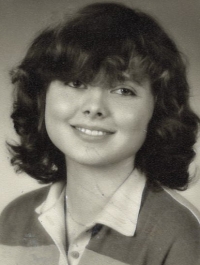Within a week, the entire country turned upside down
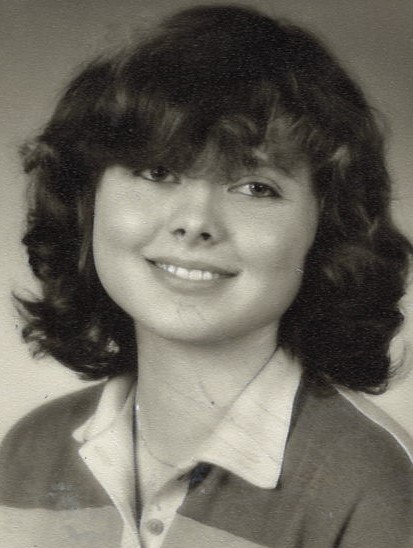
Download image
Jeanette Macháčková was born in Brno on 24 December 1967 to Jana Doležalová (later married Rádlerová). She never met her biological father Július Antoš and was raised by her mother who worked at a housing management company and her grandmother Maria Povolná. Her grandmother had owned a hair salon during the First Republic, thanks to which she made many acquaintances, including poet Jan Skácel’s wife Božena Skácelová. As a child, Jeanette Macháčková often visited the poet’s apartment and witnessed the artists’ meetings and open debates. After moving to Černá Pole, she lived next to the commander of the Wolfram sortie Josef Otisk whom she and her mother helped with daily chores. Despite these contacts, she had no conflicts with the regime and served as a guide in children’s camps. Between 1986 and 1991, she studied at the Faculty of Science of the UJEP University in Brno. In November 1989, as a university student, she got involved in the Velvet Revolution without hesitation and took part in canvassing in Brno factories (Zetor, Zbrojovka) trying to convince the local employees to join the students. After the Velvet Revolution, she and her first husband set up a business and earned money refurbishing apartments, but after ten years she returned to working with children in education. At the time of the interview, Jeanette Macháčková was the principal of the Krásného Primary School in Brno-Židenice.
